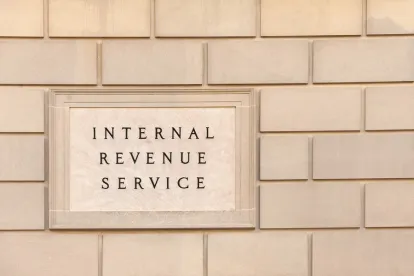The IRS’s power to obtain documents, electronically stored information, and even sworn testimony has often been likened to the broad investigative power of a grand jury. Beginning with the U.S. Supreme Court’s 1964 decision in United States v. Powell, the courts have generally ruled that, while not limitless, the IRS has exceedingly broad authority to obtain information through its summons power.
This poses a dilemma for taxpayers trying to decide how to respond to an IRS summons issued to them or to a third party such as a bank, brokerage firm, or accounting firm. Should they comply (or advise the third party to comply), giving the IRS access to information it might not be entitled to? Should they contest the summons in court and make the IRS prove its case, incurring considerable costs, usually with little chance of success? Should they take some middle ground, asserting privilege where it arguably applies, and conceding the balance of the request?
A recent decision from the U.S. Court of Appeals for the Second Circuit may throw a monkey wrench into that decision matrix. The taxpayer, German billionaire Georg Schaeffler, sued to quash an IRS summons issued to Ernst & Young (EY) to obtain documents created in connection with an M&A transaction. The primary issues concerned application of the attorney-client privilege and the work-product doctrine, and privilege waiver. The IRS won in the U.S. District Court for the Southern District of New York, Schaeffler v. United States. On appeal, however, the Second Circuit vacated the decision and remanded for further proceedings.
The taxpayer wins, right? Wrong.
Before the district court could hear the case on remand, the IRS withdrew the summons and moved to dismiss the case for lack of jurisdiction because it was moot. The district court agreed, and dismissed the case. On August 29, 2017, the Second Circuit affirmed the dismissal.
The lesson to be learned from Schaeffler is that not only does the IRS have the power to obtain information via summons, it also has the power to avoid an embarrassing defeat and take a partial victory by withdrawing a summons. It takes experience, knowledge, and good judgment to help taxpayers make wise decisions when responding to IRS summonses.


 />i
/>i

